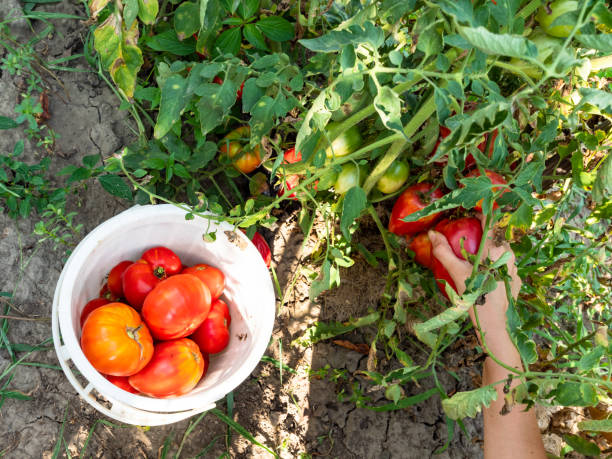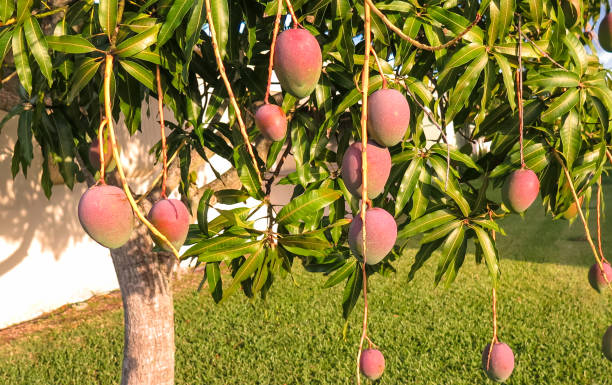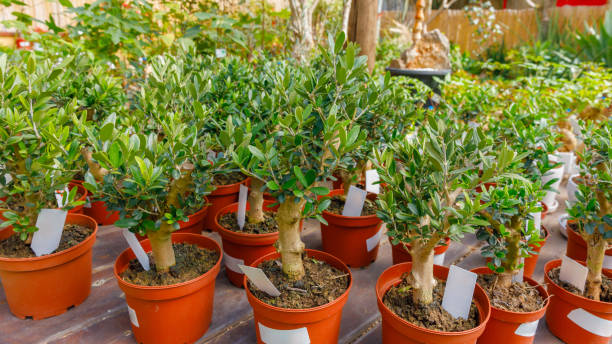Can You Compost Tomatoes?
Your favorite Planet Natural blogger has never considered composting tomatoes until a reader wrote in with a question on the process. We’ve always done it at the end of the growing season; plants appeared healthy and didn’t show evidence of blight, wilt, or insect pests. However, when the season is over, particularly in damper climates, tomatoes can show proof of these conditions.
Then, add to it the fact that dry, stringy tomatoes aren’t able to break down quickly and are more likely to get caught together with the rest of the pile. The result is that I don’t compost my tomato plants often.
I didn’t realize until I began digging to learn more about tomato composting how controversial the topic was. There are a few gardening forums that are host to discussions in which people claim they’d not compost tomato vines typically because of diseases that can be transmitted and resisted by those who argue that it’s unjust to dump tomato vines in the trash rather than return the composted version into the backyard.
Some of the responders raised the question of recycling tomatoes themselves into compost. Your compost pile can absorb the acid unless you compost tomatoes in crates. The only issue — should it be an issue is your compost pile sprouting up with tomatoes donated by volunteers when the temperatures rise in spring.
We’ve never been too concerned about the tomato, potato, or cucumber plants sprouting up from our compost pile. We generally — except occasionally for the potatoes– put the young plants back in together with the decomposing material. Many of the tomatoes we see today are hybrids that don’t reproduce as accurately the second time. They’re likely not to yield fruit regardless of how well-watered and nourished they are when growing from your compost.
However, even recycling the fruit could be dangerous. I wouldn’t want to throw tomatoes that display the signs that result from anthracnose, which are black, wet spots that appear on fruit and can extend up to a quarter-inch in size and even penetrate the flesh of the tomato. I won’t be tempted to introduce the fungus responsible for turning it into compost, which will later spread across the garden.
This is the main factor that determines my decision, in my opinion, the risk. Anything that could introduce pests or diseases in the compost heap (and eventually to my gardens) will be thrown out in the garbage. It is believed it is the case that piles of compost that become warm enough will kill any pests, diseases, and other pathogens in addition to seeds. No matter how often I turn them, my banks seldom do.
Yes, if you reside in an area that permits burning in open areas (I guess most of us don’t), you can do this to your plants suffering in the season’s final days. If not, avoid the risk. Please place them in the garbage.
Reduce the amount of trash thrown out using curbside waste with the SoilSaver Composter. It’s the perfect container for homeowners looking to improve their home’s appearance and ease pressure on already overtaxed landfills. It’s also beneficial for the soil! These are the best bins for backyard and food scraps made from black recycled plastic. Garbage.
We frequently argue that composting can reduce our impact on local landfills. Therefore, to dump some plants in with the garbage seems to be a little hypocritical. However, when we infect our compost and later into our gardens, many more plants will be destined for the trash.
There is no simple answer. Certain plant diseases, like a curly top virus that strangely twists leaves and causes plants to develop yellowish hues, break into pieces in compost quickly, hot or cold, as we’re informed (whiteflies and different insects usually cause the disease). If you live in a region that suffers from curly-topped, you’ll likely be affected no matter the contents of your compost.
But what do you do if it’s a different, more robust virus?
Therefore, the answer is no. We don’t compost our tomatoes if they’re incredibly healthy (we tolerate the tomato vines). Conditions must be in order. Most gardeners make this decision alone, based on their needs and risk aversion.
Here’s what Helpful Gardener, an open gardening community, has to discuss. What’s your approach and why regarding tomatoes in the compost heap? Please share your thoughts here or on our Facebook Page. In the case of compost, how safe do we have to be when playing with it?


